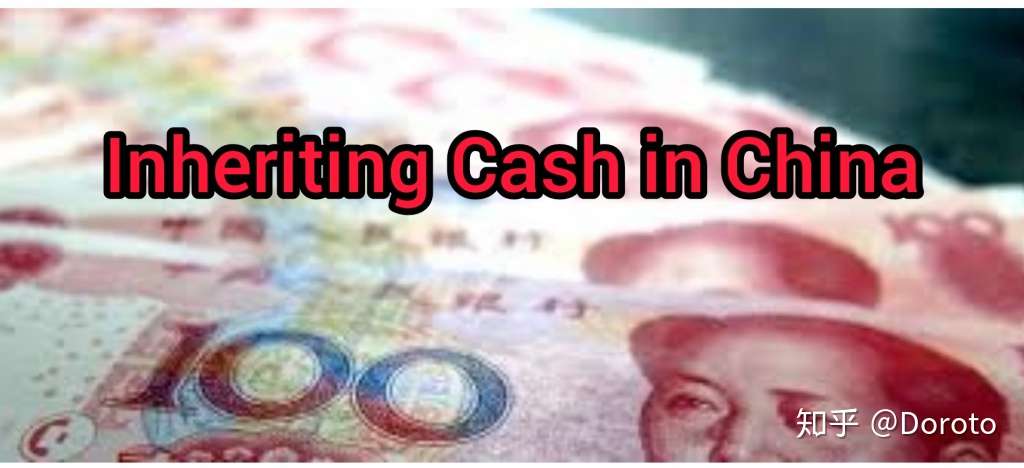A client called me from Australia inquiring about her situation in inheriting a house in Shanghai, which is worth writing a post discussing the problem surrounding legatees under Chinese inheritance/succession laws.
Here are the facts of her situation: her deceased grandma left a will which bequeathed a house in downtown Shanghai on her; the Will was duly notarized and was valid under Chinese laws; the Will was made known to all heirs of her grandmother (sons and daughters) upon its making; she had taken the Will back to Australia and had been keeping the Will till the death of her grandmother; she attended her grandmother’s funeral and claimed her entitlement to the house mentioned in the Will, but she had no way to prove her claims now. It has been years after the death of her grandmother so far. Will she be able to inherit the property?
To begin with, let us first understand the legal terms in this post as are employed in China Inheritance Law.
An “heir” under China Inheritance/Succession Law refers to only those persons related to the deceased by blood or by law. Under China Inheritance Law, heirs of first order are spouse, parents and children (including adopted ones), and heirs of second order sibling (brothers and sisters), grandparents at paternal side and grandparents at maternal side. It shall be noted that a grandchild is not regarded as a statutory heir under Chinese laws which may be different from inheritance laws in the west.
A “legatee” or “devisee” as opposite to an “heir” refers to those people (other than statutory heirs), entities or state that are designated in a Will to receive estates. Basically, a legatee is a person not related to the deceased but bequeathed certain estates. In practice, a grandchild named in a Will is a legatee, not an heir.
So bear the distinction in mind when you try to understand the rules and laws related to inheritance in China.
Now back to the case mentioned above, it should be quite clear that the client should be able to indisputably inherit the house bequeathed to her by her grandmother. However, the hidden hurdle lies with Article 25 of China Inheritance Law which says:
A successor who, after the opening of succession, disclaims inheritance should make known his decision before the disposition of the estate. In the absence of such an indication, he is deemed to have accepted the inheritance.
A legatee should, within two months from the time he learns of the legacy, make known whether he accepts it or disclaims it. In the absence of such an indication within the specified period, he is deemed to have disclaimed the legacy.
Pursuant to this Article, a legatee shall have to make known that he accepts the legacy within two months after she or he learns of the legacy, and otherwise, he or she will lose the right to receive the legacy. It is this rule that often deprives a legatee of receiving estates bequeathed to them in practice. The risk is particularly huge for legatees that are far away in another country which made them difficult to exercise their rights to receive legacy.
To make it worse, the clause itself is far from being clear which can easily breed confusion and disputes among heirs and legatees. For example, this clause does not make clear to whom and how the decision to accept legacy shall be made known. Further, when the legatee shall make known his or her decision will give effect to the said decision, before or after death? These questions surrounding the clause render it difficult and confusing for legatees to exerise and secure their right to inherit the legacy.
In our case, will the taking and keeping of the Will be sufficient to establish effective acceptance of the legacy? It could be arguably true, abscent clear interpretation from judicial authority, much depending on the lawyer’s efforts and judge’s own understanding of the clause.
For people that are or may be in such a situation, it will be highly advisable to consult a Chinese lawyer to assess his or her situation and make sure that you fend off the risk capitioned above.
In practice, it will be always a practical measure for legatees to notarize their action and process of making know their decision to accept legacy in case that they feel difficult to otherwise prove the same.







Hi Jason
With regards to rental income in China derived from property owned by overseas persons, is the rent taxed by the Chinese government?
Regards
Colin
yes, it ought to be taxed, in practice, seldom is it taxed. However if you wish to move the money out of China, then you will have to get it taxed first as you need to produce tax certificate to banks.
Am I a successor or a legatee of my deceased grandma’s estate, if my mother (daughter of grandma) is also deceased?
Do I have to proactively claim the estate within 2 months, or does my absence of indication still entitle me to the estate?
Jen, i need to know more before i can answer you. First of all, did your grandma make a will designating you as one of the beneficiaries? Did your mom die before or after the death of your grandma? That two months only applies when a non-statutory heir is designated in a will.
I am from the US and in the process of divorce. My wife inherited a property from her late father two years ago, under Chinese law am I entitle to a percentage of the property?
Thanks.
yes, you are, unless she inherits the property via a Will in which it is clearly stated that the property is left with your wife only.